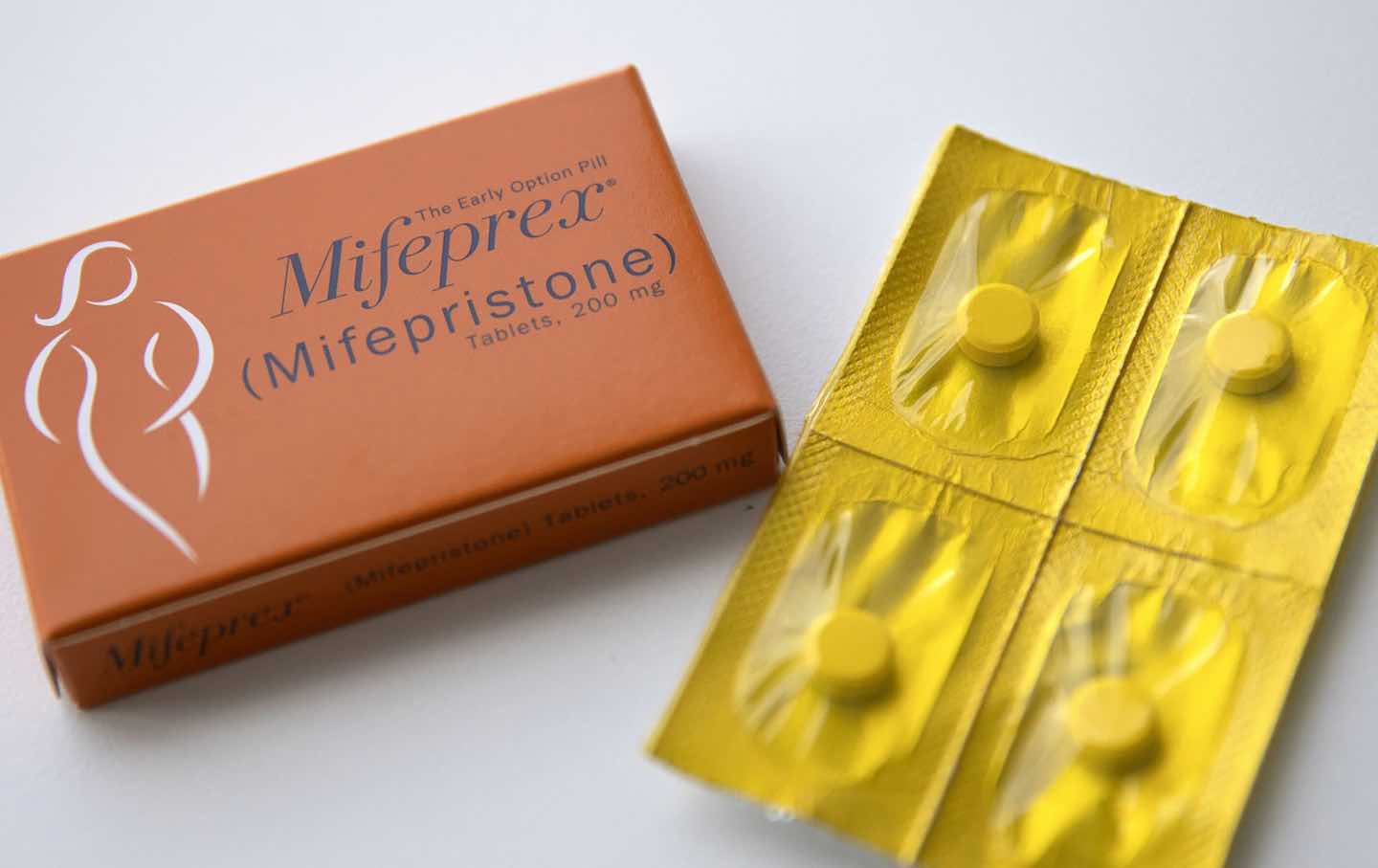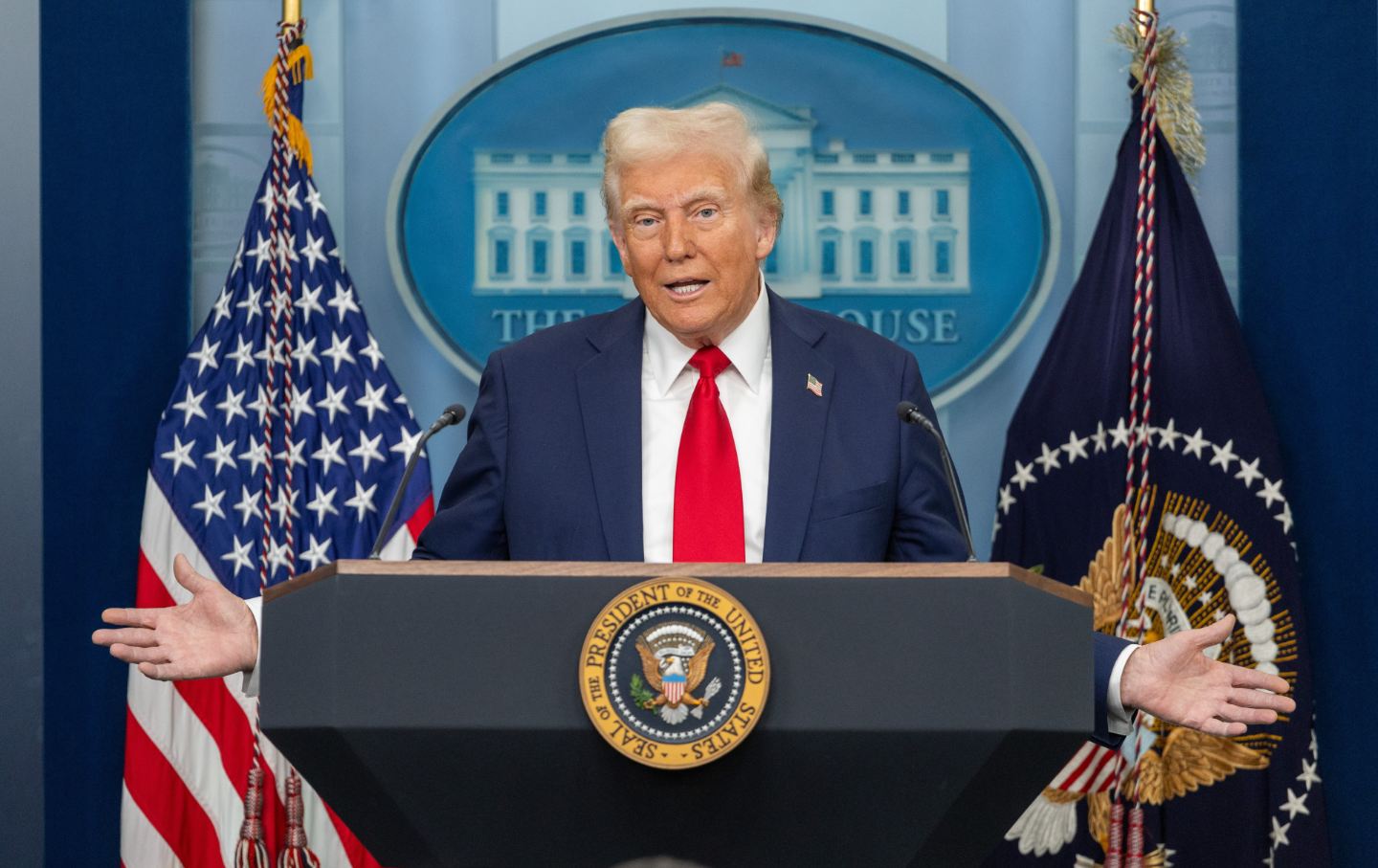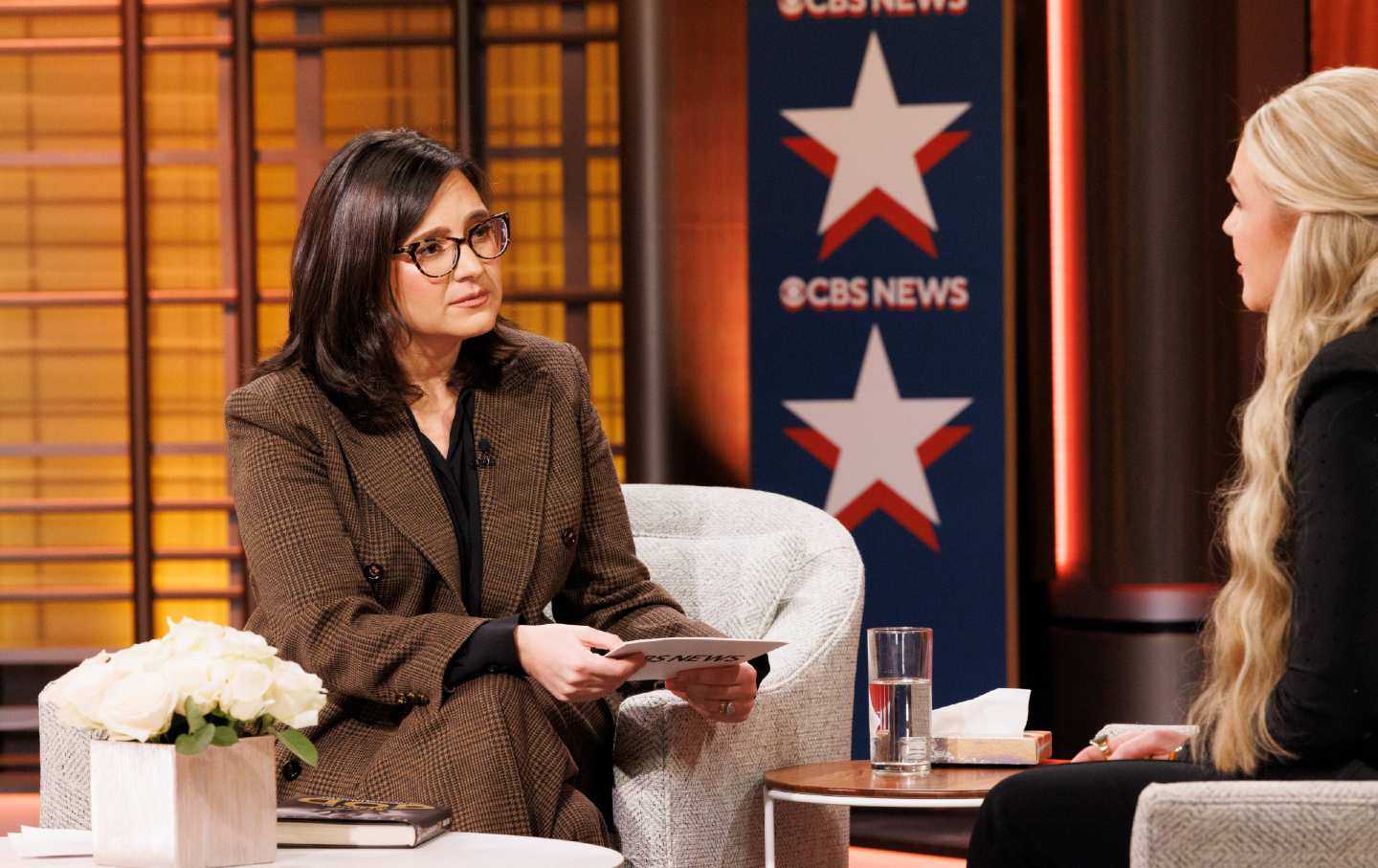Shield Laws Are the Fault Line in the Battle Over Abortion Access
New York’s shield law was designed to protect providers mailing medication abortion pills out of state. But a New York provider is facing legal action in Louisiana and Texas.

Can a doctor who lives in and practices medicine in the state of New York be fined by a Texas court for violating Texas’s abortion ban and licensure law, or be indicted on criminal charges under Louisiana’s abortion law for prescribing and mailing abortion pills to patients who are residents of those states?
Dr. Margaret Carpenter is facing a lawsuit from the state of Texas and an indictment from a Louisiana grand jury for prescribing and shipping medication abortion to people in those states. Last Thursday, Louisiana’s governor signed an order to extradite, demanding that New York force Carpenter to travel to Louisiana to stand trial. New York Governor Kathy Hochul forcefully rejected the demand, stating: “I will not be signing an extradition order that came from the governor of Louisiana — not now, not ever.” Around the same time, a Texas state court entered a default judgement against Carpenter, finding her in violation of Texas’s abortion ban and liable for over $100,000 in fines and attorney fees.
In the past, states have offered cooperation to each other when a citizen from one was under investigation or indictment by another. But since the Supreme Court overturned Roe v. Wade in its June 2022 Dobbs v. Jackson Women’s Health Organization ruling, interstate conflict is a defining feature of the legal landscape, particularly as states seek to impose their policy choices, directly and indirectly, across state lines. Consider the Abortion Trafficking Laws in states like Tennessee, Idaho, and Texas, which make it “unlawful for any person to knowingly transport any individual for the purpose of providing or obtaining an elective abortion, regardless of where the elective abortion will occur.” Those laws have been tested in courts, but not yet for impeding the constitutionally protected right to travel.
In the states where abortion remains legal, legislators have sought to safeguard abortion care and rights by adopting “shield” laws, which are designed to protect people who provide, assist in, or receive abortion care within their shield states. Although the different state laws’ language differs, common protections from out-of-state civil and criminal actions characterize each.
Among various provisions, shield states will not participate in issuing subpoenas or arrest warrants for legally protected reproductive health care; they will not extradite an in-state provider who is not fleeing from the attacking state; and they will not take disciplinary measures (such as suspending a medical license) against the shield state’s provider. Eight states’ shield laws protect providers who not only provide care to those traveling to their state but also to providers mailing medication abortion out of state, including to states that ban abortion.
The two-drug regimen of mifepristone and misoprostol is an overwhelmingly safe and effective method for ending a pregnancy in the first trimester. Following a change in FDA rules, and after more than a decade of research attesting to the safety and efficacy of remote medication abortion, clinics can prescribe and mail medication abortion pills through telehealth.
For physicians in New York, this includes providing care to patients in other jurisdictions—a service protected under the state’s shield law, which defines protected reproductive health care regardless of patient location. The shield protections, however, apply only to providers physically present in New York, and do not apply to actions that implicate conduct outside of legally protected care: Providers are not covered by shield laws if they violate other laws in the shield state, for example.
Anti-abortion officials in Texas and Louisiana launched their legal challenges against Carpenter to test New York’s shield law and attack the transit of abortion pills. The legal community is watching whether Hochul will stand firm in refusing to extradite Carpenter in compliance with her state’s shield provision, and whether New York courts and state officials will refuse to issue discovery requests or subpoenas to aid in Texas’s civil case. And now that there is a default judgment against Carpenter, do New York courts have to enforce a Texas judgment against the doctor?
These cases raise long-standing, complicated issues of federalism and constitutional law, which likely will land before the US Supreme Court. It bears emphasizing that Carpenter acted in accordance with New York law; she was always present in the state, and she complied with democratically passed legislation defining protected reproductive healthcare. Said another way, New York passed a law, the doctor obeyed that law, and she shouldn’t be punished for that. To be sure, shield laws depart from norms of interstate cooperation. Generally, telehealth policies try to track the regulation of in-person care. If a doctor treats a patient in another state, the patient’s state typically expects the physician to have the state’s medical license and expects the physician’s home state to hold the doctor accountable. But there are reasons for states to depart from norms in this particular context.
First, in both the Louisiana and Texas cases, there is no harm alleged to the people who took the pills; both legal actions were brought by anti-abortion state officials supported by anti-abortion organizations with no evidence of injury to patients. (This, of course, comes as no surprise, given that complications from medication abortion are rare.) Thus, the states are not responding out of an interest to protect the health and safety of their residents. In fact, that is the crux of the constitutional requirement that states recognize each other’s court judgments; recognizing judgments for compensation for harm and not decisions about the public good or morals.
Second, states are not legally bound to cooperate with one another. Cooperation serves mutual state interests but does not require states to adhere to policies with which they do not agree. States may refuse to cooperate with each other when their residents’ health and interests are at stake.
Ultimately, the shield law cases capture the deep disagreement about abortion regulation among the states post-Dobbs. One set of states seeks to protect its residents’ ability to provide legal reproductive care; another set of states seeks to stop abortion in-state and everywhere else. That conflict is not likely to change until the Dobbs case is overturned or the federal government intervenes to try to stop mailed medication abortion nationwide. But, in the meantime, states can and should act to protect individual and public health without being forced to capitulate to another state’s moral agenda.
Time is running out to have your gift matched
In this time of unrelenting, often unprecedented cruelty and lawlessness, I’m grateful for Nation readers like you.
So many of you have taken to the streets, organized in your neighborhood and with your union, and showed up at the ballot box to vote for progressive candidates. You’re proving that it is possible—to paraphrase the legendary Patti Smith—to redeem the work of the fools running our government.
And as we head into 2026, I promise that The Nation will fight like never before for justice, humanity, and dignity in these United States.
At a time when most news organizations are either cutting budgets or cozying up to Trump by bringing in right-wing propagandists, The Nation’s writers, editors, copy editors, fact-checkers, and illustrators confront head-on the administration’s deadly abuses of power, blatant corruption, and deconstruction of both government and civil society.
We couldn’t do this crucial work without you.
Through the end of the year, a generous donor is matching all donations to The Nation’s independent journalism up to $75,000. But the end of the year is now only days away.
Time is running out to have your gift doubled. Don’t wait—donate now to ensure that our newsroom has the full $150,000 to start the new year.
Another world really is possible. Together, we can and will win it!
Love and Solidarity,
John Nichols
Executive Editor, The Nation








